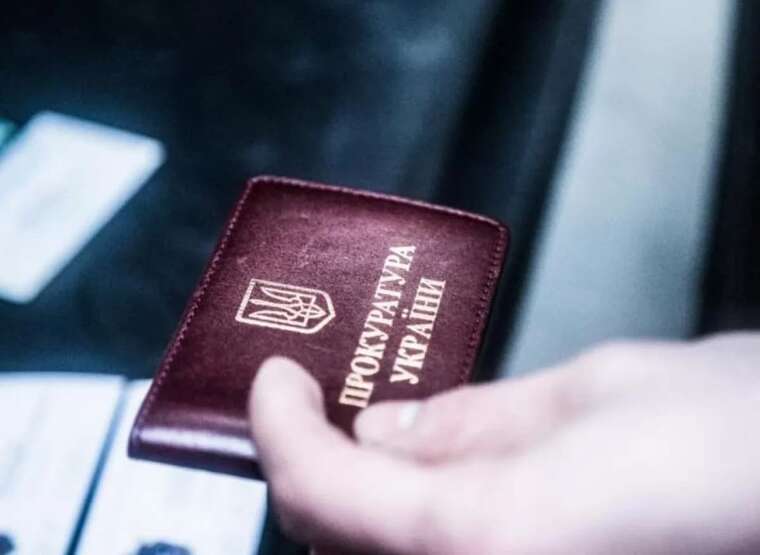
In Ukraine, over 100 prosecutors were dismissed due to fake disabilities
As a result of a large-scale inspection in Ukraine, more than 100 prosecutors have been dismissed from their positions and from the authorities altogether after being found to have fake disabilities. However, the inspection is not yet complete, so the number of "servants of Themis" who have lost their positions may increase.
This was reported by the Prosecutor General Ruslan Kravchenko.
He warned that there would be no exceptions during the inspection for anyone, as this is how a "healthy system" should work to restore public trust. As a result of this inspection:
- 57 prosecutors with disability status have been dismissed from the prosecutor’s offices;
- 56 prosecutors have been removed from administrative positions;
- 228 disciplinary complaints are under consideration.
Inspections of prosecutors with disabilities
"In July, I made the decision to conduct an inspection of the validity of granting disability status to employees of the prosecutor’s office. This issue has been under my personal control from the very beginning and remains under the constant supervision of the Office of the Prosecutor General," emphasized the Prosecutor General.
Kravchenko announced the large-scale inspection of prosecutor’s office employees amid a scandal involving the assignment of fake disabilities to Ukrainian prosecutors. This affected 348 individuals, but at the same time, the following prosecutors were exempted from the inspection:
- those with disabilities since childhood;
- those who have suffered irreversible health losses;
- those with oncological diseases;
- those who became disabled as a result of the war.
Against this backdrop, it was revealed that there are 484 prosecutors with disabilities in the prosecutor’s offices, of whom 41 submitted resignation letters of their own accord. Kravchenko approved their requests.
The inspections are being conducted by an interdepartmental working group consisting of employees from the bureau, the Ministry of Health, and other law enforcement agencies.
Who else is being inspected
Despite the fact that prosecutors are at the center of the scandal, inspections have not bypassed employees of other state bodies. As of the beginning of August, nearly 2,000 conclusions of the Medical and Social Expert Commission (MSEC) were reviewed, of which 800 decisions were canceled. The most significant numbers are in the following institutions:
- State Customs Service of Ukraine – 244 decisions out of 587 reviewed were canceled;
- State Tax Service of Ukraine – 161 out of 423 decisions;
- Prosecutor’s Office – 162 out of 336 decisions;
- State Migration Service – 28 out of 70 decisions;
- National Police of Ukraine – 16 out of 78 decisions.
In addition, in over 400 cases, the disability group or term was changed, and nearly 100 officials were assigned further examinations. Typically, the issuance of fictitious disabilities was done to receive corresponding pensions and to avoid potential conscription into military service, explained Sukhachov.